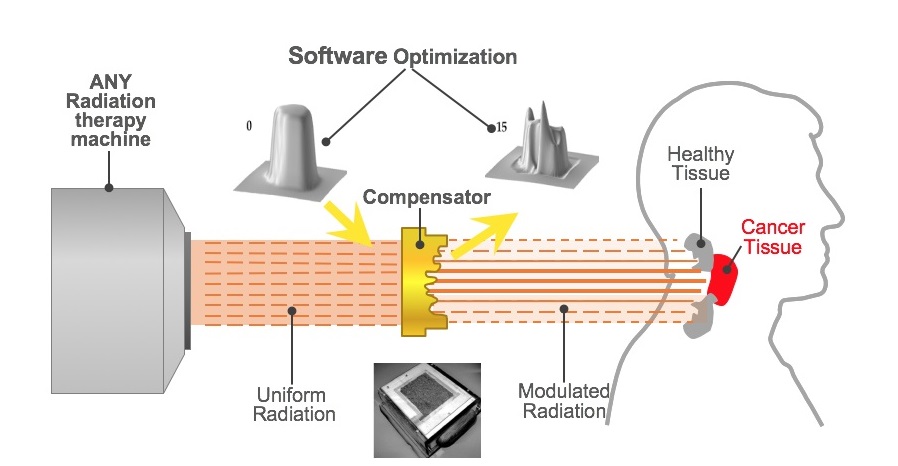

A social enterprise start-up company led by a UNC Lineberger Comprehensive Cancer Center researcher is looking to use technology developed in-house at UNC to improve radiation treatment in developing countries, which are expected to increasingly shoulder more of the global cancer burden.
“We want to enable developing countries to do more with what they already have, based on UNC’s experience,” said UNC Lineberger’s Sha Chang, PhD, founder of the start-up EmpowerRT, and a professor in the UNC School of Medicine Department of Radiation Oncology.
Cancer cases are rising across the globe, with cancer in low-to-middle-income nations expecting to account for 61 percent of all cases by 2050, according to a study published in Nature Reviews Cancer. A study in Clinical Oncology reports that just five out of every 10 patients with cancer needing radiotherapy in low-and-middle-income countries have access to treatment. And in low-income countries, less than 10 percent of patients have access.
EmpowerRT is harnessing technology developed at UNC years ago to reduce radiation treatment toxicities for patients. Researchers say this technology could be useful to clinics that rely on basic or older equipment, and lack the funds, training and supporting infrastructure to implement modern IMRT, or intensity-modulated radiation therapy. IMRT is effective in treating cancer with fewer side effects, but can cost millions of dollars.
“In the last 20 years, we have gone through a technological revolution,” Chang said. “We believe we can use our discoveries to help improve cancer care in clinics that have basic technology.”
EmpowerRT is using technology that Chang helped develop as a temporary solution more than 20 years ago at UNC Hospitals to improve radiation therapy while they waited for more advanced technologies to become commercially available. Chang and her colleagues created a device, called a compensator, that provided a cost effective, manual approach to improve treatment and reduce toxicities. UNC has since adopted state-of-the-art technologies, but Chang is working to give a second life to the technology developed at UNC through EmpowerRT. In addition to utilizing the compensator technology, which is affordable and reusable, the company has licensed a clinical software program, PLUNC, from UNC, which it will employ in clinics across the globe that are reliant on older technology.
EmpowerRT has received mentorship, coaching and support through the UNC Kenan-Flagler Business School, the UNC Office of Commercialization and Economic Development, SCORE Chapel Hill Durham, CUBE, and LAUNCH Chapel Hill to advance the company’s development. In addition, the company was named to the latest class of KickStart Venture Services’ Commercialization Award winners. Chang will use funding from this award to launch test site implementation, with the first site planned for Zambia, where UNC Lineberger Global Oncology Program researchers are involved in treatment and research for HIV and to improve women’s health. EmpowerRT is also in conversations with officials in other countries and organizations about expanding the program.
“We have a practical solution that we can use to move forward to make a difference, without significant resources,” Chang said. “That is what EmpowerRT is about.”
